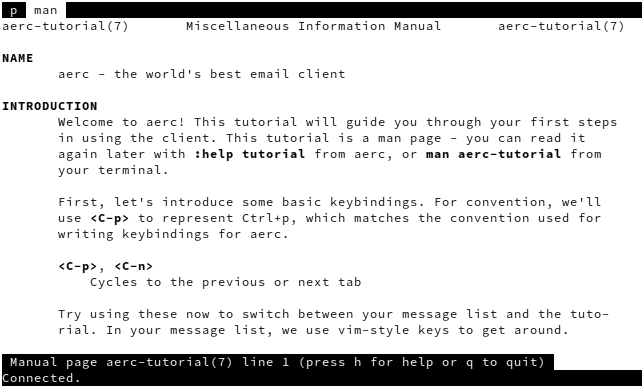Libraries can only be used with a given programming language, or need to be
wrapped (even `extern "C“ is a wrap), which is typically fairly difficult to
do, particularly when you try to cross boundaries between high-level languages.
In contrast, setting up and launching a process is universally straight-forward,
as well as more machine-independent, due to serialisation being commonly done
in a textual format.
On the other hand, there can be considerable overhead in the
pipe-fork-exec-write-read dance, if it’s something to be done repeatedly.
You can also go the way of coprocesses, which require establishing
a protocol—such is the case of
LSP.
Numerous software can both be used as a library, as well as a separate process.
The other competing approach are daemons on various local and remote buses.
But for the purpose of this discussion, they’re similar to launching a process,
which may be exactly what’s going on if the far side uses inetd, CGI,
or systemd socket activation. The only major difference lies in the lack
of sideband data, such as environment variables and program arguments, and maybe
a decrease in reliability. Since the advent of getaddrinfo(), connecting to
the outside world doesn’t even involve much code.

Comments
Use e-mail, webchat, or the form below. I'll also pick up on new HN, Lobsters, and Reddit posts.
Hacker News
Hacker News
Lobsters
r/unix